Pawel Pawlikowski’s Ida is a good film — and sometimes it’s a very good film. It’s smart. It looks great. It has a compelling — if not wholly satisfying — story. It has the great good sense to confine itself to a tight 80 minutes. It’s also the kind of film where people tend to be quick off the mark to slap the term “masterpiece” on it — a term that’s in danger of becoming as meaningless as “classic” has already become. Why? Well, it’s very serious. It’s so serious that it’s not only in black and white, but it’s in the old “boxy” 1.37: 1 ratio, making it not simply look like a film about early 1960s Poland, but like a film from early 1960s Poland. (While Hollywood adopted a wide-screen approach in 1953-54, the rest of the world took a little longer.) It looks and feels like the real deal, and, in some respects, it is. But Ida is also a film that trades more on many of its significant topics than it actually addresses them. At bottom — even though it uses these things — it’s not about the extermination of Polish Jews in WWII, nor is it about the change from Stalinist communism to a less militant form. No, it’s a character study about an aging, hard-line Stalinist judge, Wanda (Agata Kulesza), and her soon-to-be-a-nun niece, Anna/Ida (Agata Trzebuchowska). It’s good at that, but its actual greatness eludes me.
The film revolves around a premise that feels a little forced. Young Anna is a novice at the rural convent where she’s been raised, but before she can take her final vows the Mother Superior (Halina Skoczynska) insists she go into the outside world and meet her aunt — a woman had nothing to do with her previously. And, frankly, she doesn’t seem too keen on changing that with the arrival of Anna on her doorstep. Aunt Wanda is a world-weary, hard-drinking, promiscuous woman of no apparent sentimentality. She used to be known as “Red Wanda” in the old Stalin days, and while her power has been significantly curtailed at this point, she still commands a degree of respect and influence. She’s also the polar opposite of her wide-eyed, innocent niece. It’s hard not to wonder if the older woman doesn’t take particular delight in shocking Anna when she tells her that her real name is Ida Lebenstern, and that — oh, yes — she’s Jewish. But then it’s equally difficult to determine if any of these things have that much impact on Anna/Ida. They do, however, have enough power to make Ida insist on trying to learn what happened to her parents.
Ida then becomes something of a very odd-buddy road trip — one that, for all the movie’s artiness, adheres very much to the dictates of that genre. They have encounters, learn about each other, have what can be classed as adventures, etc. What differs here is that there aren’t much in the way of breakthrough moments. If either woman has really warmed to the other, they mostly keep it to themselves. Perhaps the most telling moment comes when Wanda — in reference to her alcohol intake and promiscuity — tells Ida, “Your Jesus loved people like me.” In one sentence, she not only justifies her own behavior but takes a jab at Ida’s easy, unworldly, unchallenged piety. At the same time, the film quietly establishes an unspoken bond between them — and not just because of their shared mission.
Much of what happens has to do with the presence of a hitchhiker, Lis (Dawid Ogrodnik), they pick up on the way. There is little doubt why Wanda picks up this young man, who turns out be a jazz saxophonist — a harbinger of the western influence creeping into Poland — but it’s ultimately Ida on whom he makes the greatest impact. How much of an impact, I’ll leave to the film. Similarly, the impact of the truth about Ida’s parents and Wanda’s family is something that belongs to the movie, not a review. (If you didn’t see Wladyslaw Pasikowski’s Aftermath in this year’s Jewish Film Festival, that second part will feel more shocking.) As I said, it’s a good picture — sometimes very good and occasionally startling — but I think the “masterpiece” label is being too hastily applied. Rated PG-13 for thematic elements, some sexuality and smoking.

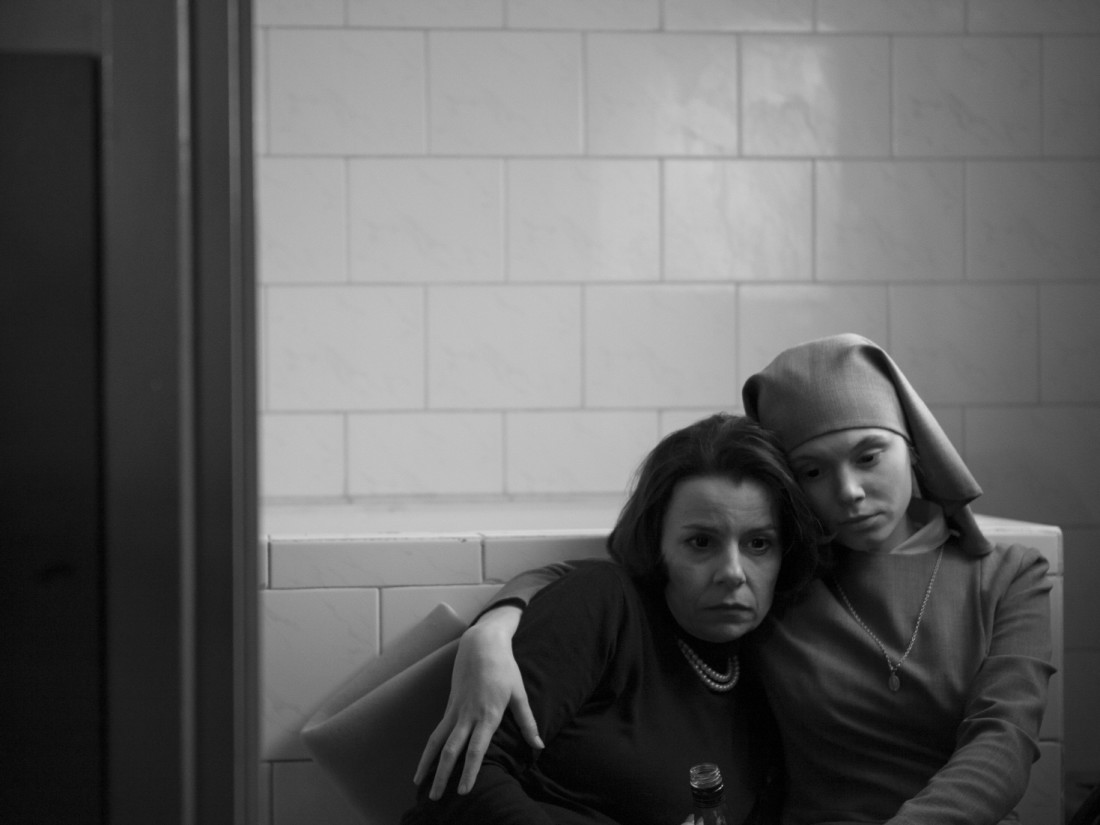
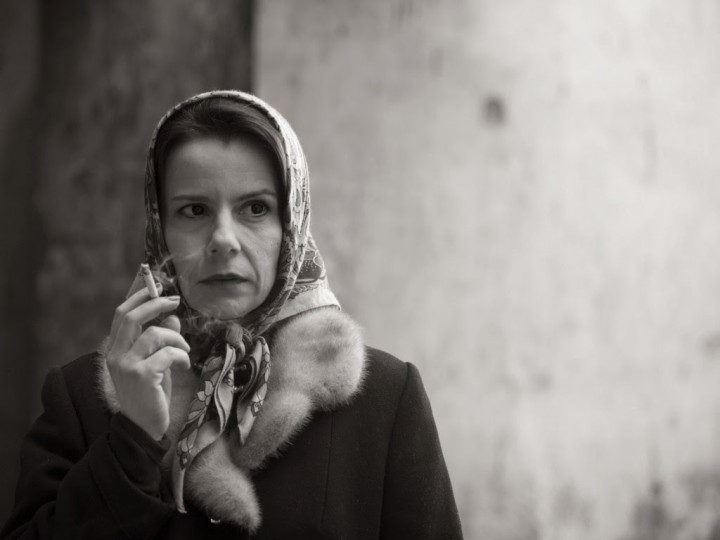

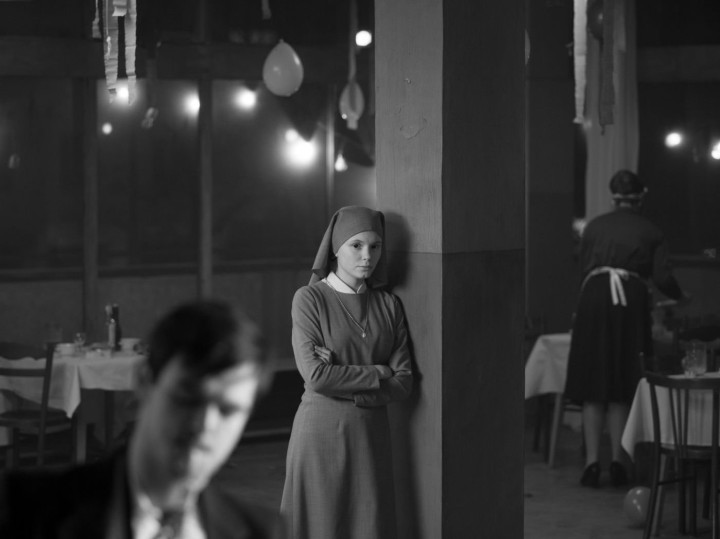
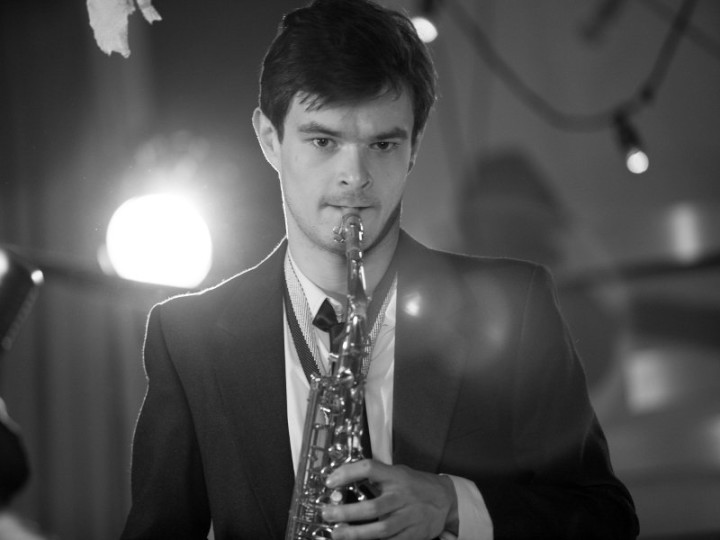
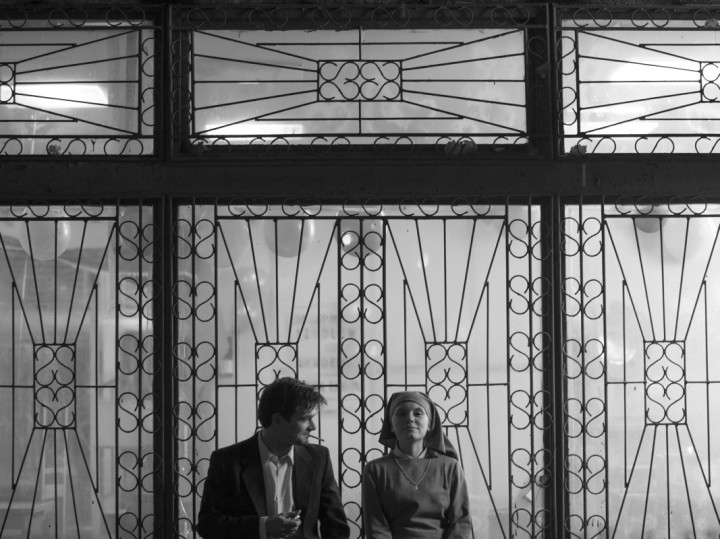

Before you comment
The comments section is here to provide a platform for civil dialogue on the issues we face together as a local community. Xpress is committed to offering this platform for all voices, but when the tone of the discussion gets nasty or strays off topic, we believe many people choose not to participate. Xpress editors are determined to moderate comments to ensure a constructive interchange is maintained. All comments judged not to be in keeping with the spirit of civil discourse will be removed and repeat violators will be banned. See here for our terms of service. Thank you for being part of this effort to promote respectful discussion.